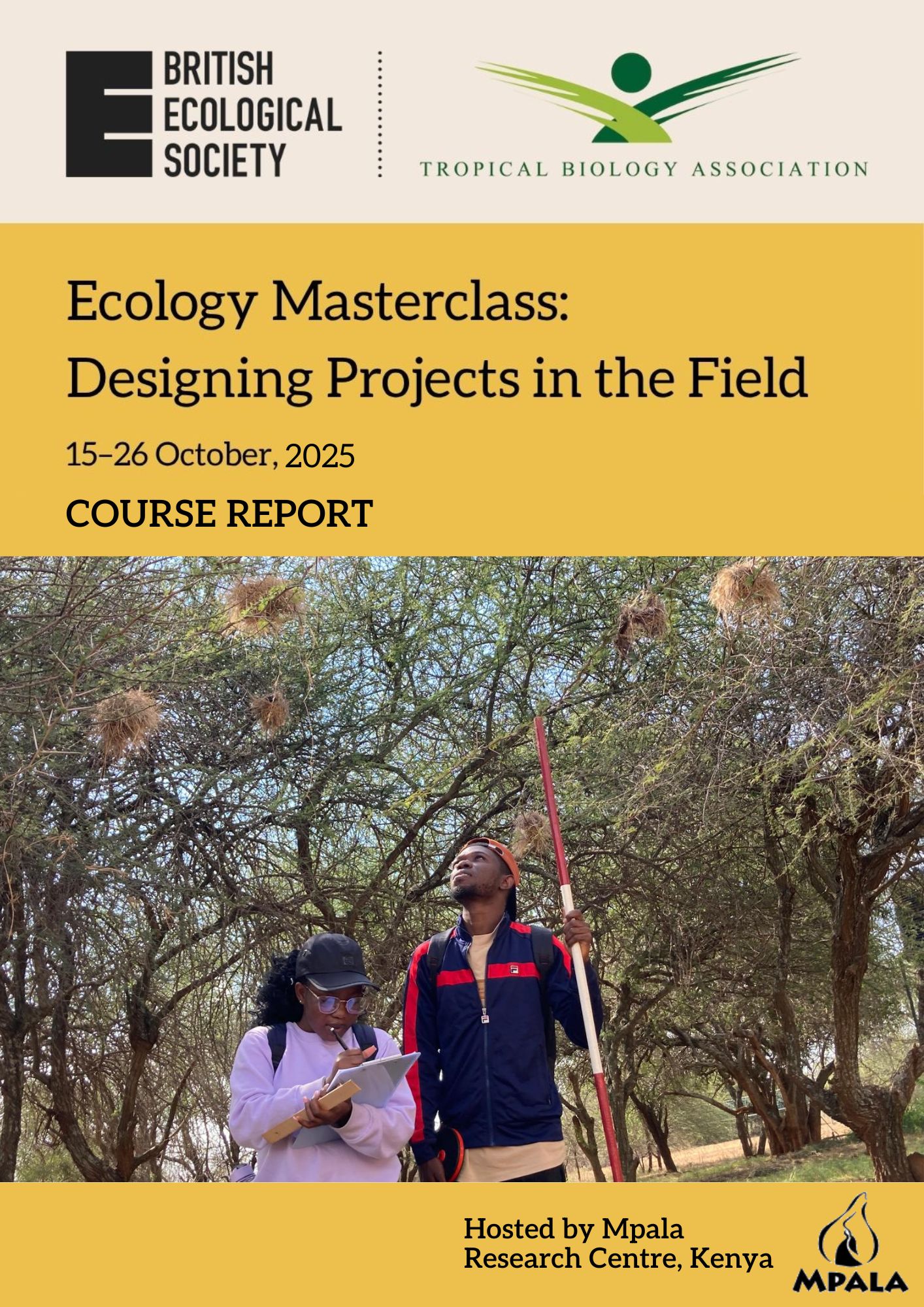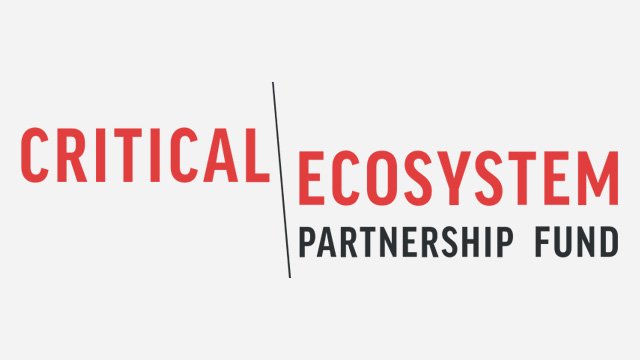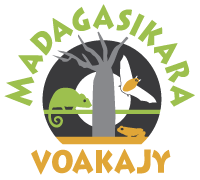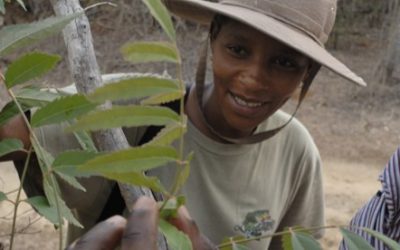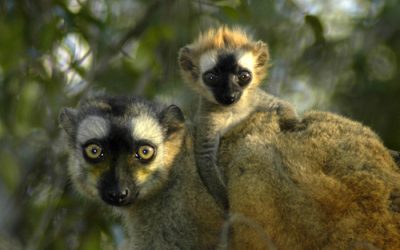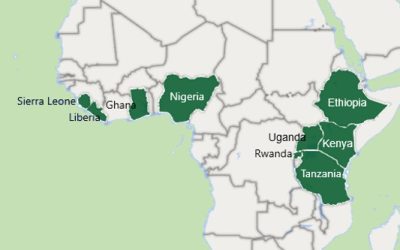We recently finished a new course that we held in partnership with the British Ecological Society. This Ecology Masterclass gave 24 young African scientists the skills and know-how to design scientifically robust projects in the field.
The course was entirely practical and took a step by step approach to learn about the research process of making observations, framing research questions, designing methods and analysing data. Each step used practical field exercises that investigated a particular feature of savanna ecology such as herbivory and fire and pollination ecology. Victoria Mulyuu from Nambia summed up our hands-on approach by telling us
“The hands on approach to learning in the field, under a tree, on a walk, and through engaging discussions and fun presentations, equipped me with invaluable tools for my future in conservation.”
The grand finale of the course was when students worked together to devise and carry out their own research projects. They presented their results in a research seminar at the end of the course, which surprised even the Mpala scientists who attended given their research was based on 4 days in the field. Oluchi said
“It was hectic but amazing, a reminder that good research isn’t always limited by resources, but by the capacity to ask good questions and commit to finding answers.”

A unique aspect of the course was the diversity of countries the students represented – 13 African countries ranging from Democratic Republic of Congo, Rwanda, Zambia and Malawi all the way to Madagascar. They came from universities (50%); wildlife departments and museums (20%); conservation NGO’s (25%); and environmental consultants (5%).
Students have already made firm connections and life-long friends. Louise told us
“we formed a wonderfully diverse group of passionate conservationists, ecologists, and researchers. It was inspiring to share experiences, perspectives, and ideas with such a vibrant team and I have made lasting friendships from this experience”.
They now join the 3,000+ TBA alumni from 97 countries globally.
Students said that a highlight of the course was how hands on and practical it was – including being given the opportunity to come up with their own research questions – something they rarely get from their university teaching. They left the course with renewed confidence to apply their critical thinking skills back home on the projects they are working on. Josue from Rwanda finished by saying
“To young scientists looking for break-through in biodiversity conservation science, I recommend you this course.”

We intend to do more! The TBA received 900 applications from aspiring African scientists to attend the course – demonstrating the huge demand for this kind of field training. We hope to build on the course to fund a longer term programme so that we can give the same opportunity to more young African scientists so that we can create a critical mass of research leaders across the continent.

